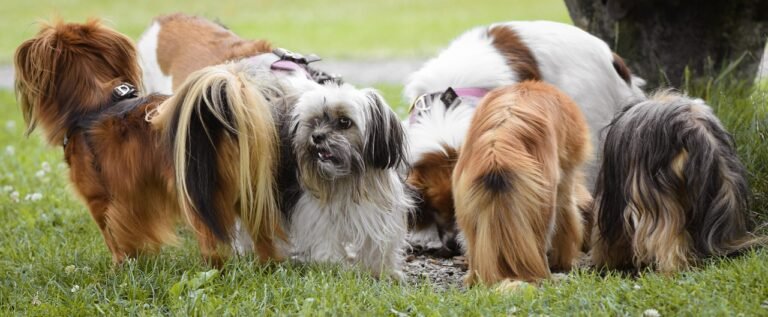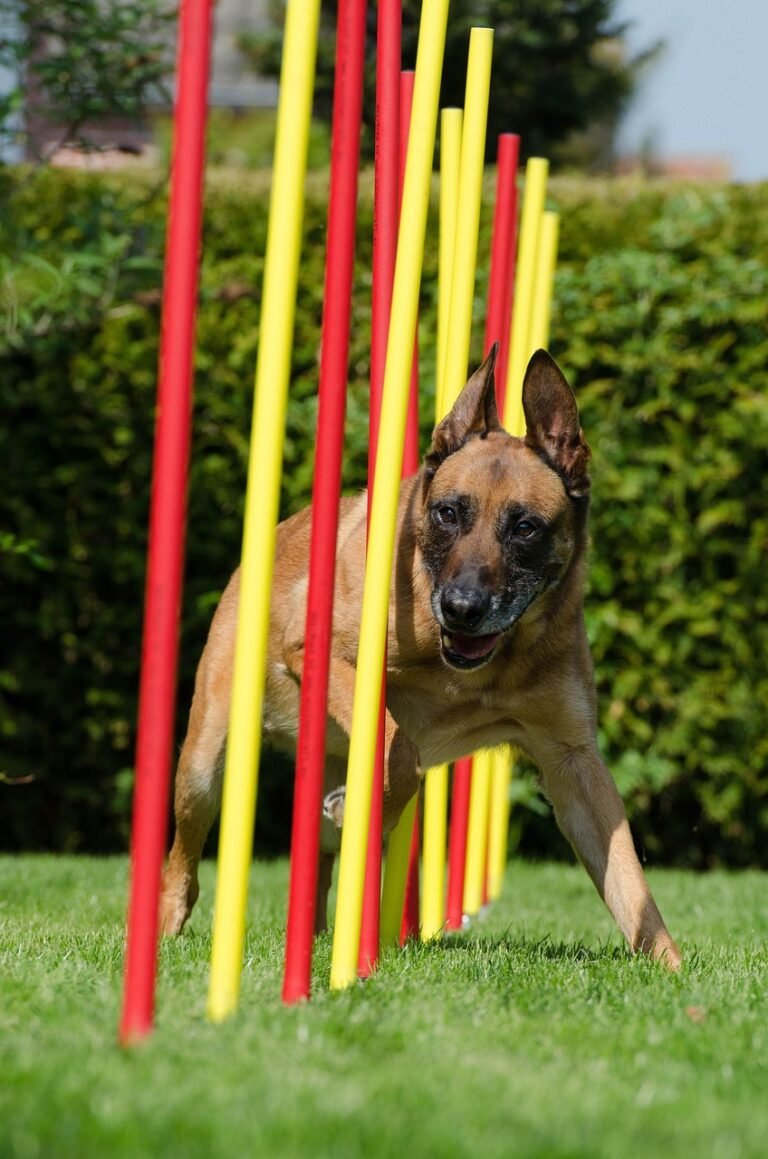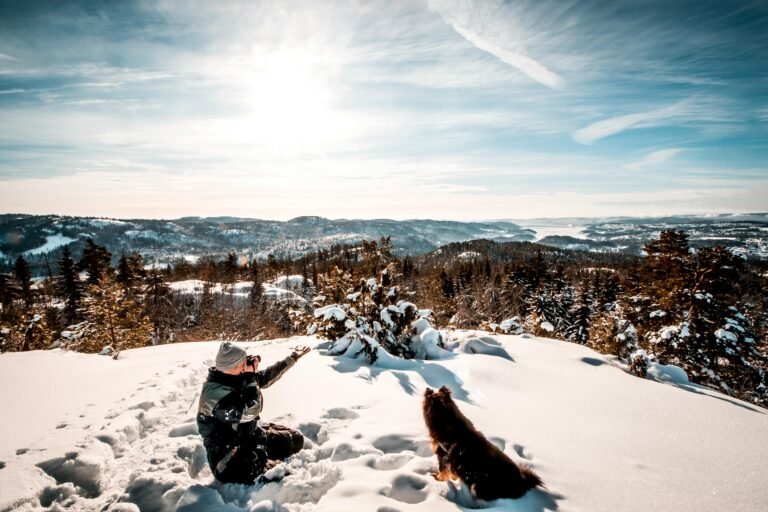Overview of the Basenji Breed
The Basenji is a distinctive dog breed known for its unique characteristics and storied history. Originating from Central Africa, this breed was primarily utilized as a hunting companion by various tribes. With its origins deeply rooted in the Congo region, the Basenji was revered for its ability to track and capture game, used not only for its agility but also for its keen senses. The breed’s historical significance extends beyond its hunting capabilities; it is also recognized as one of the oldest dog breeds, with depictions found in ancient Egyptian artifacts, signifying its long-standing bond with humans.
One of the notable aspects of the Basenji is its rarity outside of Africa. While it has gained some popularity, particularly in Western countries, the breed remains less common compared to others. The Basenji is often referred to as the “barkless dog” due to its unique vocalization. Instead of barking, it produces a distinct yodel-like sound, termed a “barrooo,” which sets it apart from most dog breeds. This characteristic, along with its elegant and athletic physique, contributes to the Basenji’s appeal to dog enthusiasts.
Beyond its fascinating vocalizations and history, the Basenji is distinct in its temperament. Known for being independent and intelligent, Basenjis can sometimes pose challenges for novice dog owners. They require consistent training and socialization to thrive in a household. Their playful and curious nature makes them entertaining companions, yet their desire for independence can be a factor to consider for potential owners. As urban living becomes increasingly prevalent, the Basenji’s adaptable nature and compact size have also contributed to its rising popularity within modern households, making it a breeding ground for dedicated breeders and canine lovers alike.
Physical Characteristics of the Basenji
The Basenji is a small to medium-sized dog breed, typically weighing between 22 to 24 pounds and standing around 16 to 17 inches at the shoulder. This breed is often recognized for its distinctive appearance, showcasing a lean, athletic build and an elegant posture. The Basenji’s size and weight make it an ideal companion for various living environments, including apartments, provided that it receives adequate exercise.
The coat of the Basenji is short, fine, and smooth, which contributes to its unique aesthetic. This breed comes in several color variations, including chestnut red, black, brindle, and pure white. These colors may be accompanied by white markings on the chest, feet, and face, giving the Basenji a striking look. The tight coat requires minimal grooming, reflecting the breed’s overall low-maintenance nature in terms of physical upkeep.
One of the most characteristic features of the Basenji is its erect ears, which are triangular in shape and alert, contributing to the breed’s expressive demeanor. Additionally, the Basenji possesses a tightly curled tail that adds to its distinctive appearance. The breed’s large, expressive eyes are another notable trait, often reflecting a curious and intelligent demeanor. These physical traits not only enhance the breed’s charm but also indicate its energetic and playful personality.
Regarding health, Basenjis are generally known for their robustness and good vitality. However, like many purebred dogs, they are predisposed to certain health issues, including Fanconi syndrome, hip dysplasia, and progressive retinal atrophy. The average lifespan of a Basenji ranges from 12 to 16 years, making it essential for potential owners to prioritize regular veterinary check-ups and maintain a healthy lifestyle to help mitigate the risk of these concerns.
Behavioral Traits and Temperament
The Basenji, often referred to as the “barkless dog,” is well-known for its distinctive behavioral traits and unique temperament. One of the most notable characteristics of this breed is its high level of intelligence. Basenjis are quick learners but exhibit a strong independent streak, which can sometimes complicate their training. Unlike traditional dog breeds that tend to be more eager to please their owners, Basenjis often prefer to think for themselves. This can lead to a unique dynamic in training environments, requiring consistency and patience from the handler.
Energy levels among Basenjis are impressively high; they require regular physical activity to remain happy and healthy. Daily exercise is essential, as these dogs possess a strong prey drive combined with remarkable agility. Their instinctual behaviors often lead them to chase after small animals, making structured playtime and engaging activities important components of responsible ownership. Basenjis thrive when given tasks that mentally stimulate them, tying in their intelligence with their energetic nature.
Another fascinating aspect of Basenji behavior is their vocalization, commonly referred to as the “barroo.” This unique sound arises from their unusually shaped larynx and sets them apart from many other dog breeds. Unlike the traditional barking associated with most dogs, the Basenji communicates through a series of yodel-like sounds, adding a distinctive auditory dimension to their personality. This breed’s behaviors can sometimes resemble those of a cat, including grooming habits and a propensity for climbing, further emphasizing their unique demeanor.
When it comes to compatibility with families and other pets, Basenjis can thrive in the right environment. They tend to form strong bonds with their families yet may exhibit wariness toward strangers and other animals, necessitating socialization from a young age. With proper introductions and attention to their instincts, these dogs can adapt well to multi-pet households, showcasing their versatility as an affectionate and engaging companion.
The Personality of Basenjis and Training Tips
Basenjis are known for their distinct personality traits, making them one of the most unique dog breeds worldwide. One of their most notable characteristics is their curious nature. Basenjis exhibit an inquisitive tendency, always exploring their surroundings with keen interest. This trait can, however, present challenges for owners, as their curiosity may lead them into mischief if not adequately supervised. Alongside this, Basenjis are renowned for their loyalty. They typically form strong bonds with their families, showing an affectionate yet independent demeanor that can sometimes be perplexing for new owners.
This independent spirit is both a blessing and a challenge when it comes to training Basenjis. While they are intelligent and may quickly learn commands, their strong-willed nature makes them less inclined to comply with training routines. Therefore, potential Basenji owners must adopt training strategies that are both engaging and consistent. Positive reinforcement methods tend to work best, as Basenjis respond favorably to treats and praise for good behavior. It is crucial to maintain a calm and assertive demeanor during training sessions, as they may test boundaries if they sense weakness.
Socialization is another essential aspect of training for Basenjis. Introducing them to a variety of people, environments, and other animals helps mitigate their instinctual wariness of unfamiliar situations. Regular exercise is also paramount, as these dogs possess high energy levels. Daily activities, such as walks and playtime, not only cater to their physical needs but also serve as opportunities for training and bonding. Creating a strong relationship with a Basenji requires time and patience, but with the right strategies, owners will find their devotion to be deeply satisfying.






